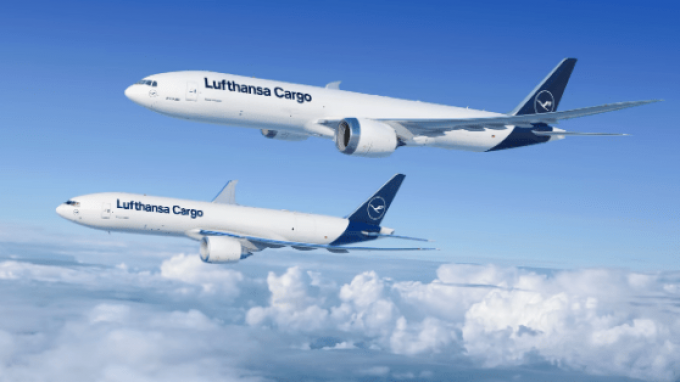Rapid transpacific capacity build-up continues – can USWC ports handle it?
Despite news over the weekend that trade tensions between China and the US were getting ...

Lufthansa is betting big on cargo with an order for 10 more 777 freighters, which could start arriving as early as July.
The German carrier has ordered three current generation 777Fs and seven next-generation 777-8Fs, and is also set to extend its leases of two 777Fs ...
Four crew members still missing as Wan Hai 503 continues to burn
Explosions and 'out-of-control' fire reported on Wan Hai box ship
Predatory rivals circle as the ripples from DSV's Schenker buy widen
MSC Elsa crew face criminal probe, as Wan Hai 503 firefighters battle on
'It's driving us mad', say forwarders as US court fails to end tariff turmoil
Transpacific rates ease as capacity boost proves too much for trades to digest
European port congestion easing – for now
CMA CGM 'testing the water' of the Suez Canal for more services
Flexport: Sanne Manders talks profitability, fire-sales and Dave Clark
More legal trouble in India for MSC: feeder vessel detained after box ship disasters
DSV insiders hit back at Kuehne & DHL GF – got a 'pro integration' going
Latest Israeli attack on Iran a threat to box ships in Straits of Hormuz

Comment on this article